Green Tea vs Black Tea have been enjoyed for centuries, each with a loyal following and unique health benefits, flavors, and cultural traditions. Both teas come from the same plant, Camellia sinensis, yet they differ in taste, processing, caffeine content, and antioxidant profiles. If you’ve ever wondered whether green or black tea suits your lifestyle and preferences, this article is for you. We’ll dive deep into each type’s origins, health benefits, flavor profiles, and brewing methods, helping you choose which tea best fits your needs. So, whether you’re a seasoned tea drinker or new to the world of tea, get ready to discover the fascinating differences and benefits of Green Tea vs Black Tea!
What is Green Tea?
Green tea is a type of tea that undergoes a quick steaming or pan-firing process immediately after harvest to prevent oxidation. This minimal processing preserves the green color of the leaves, giving green tea its fresh, slightly grassy flavor and high antioxidant content. Green tea has been consumed in China and Japan for thousands of years and is deeply embedded in Asian culture, where it’s valued for its taste and health benefits.
What is Black Tea?
Black tea undergoes a longer oxidation process, resulting in its signature dark hue and bold, full-bodied flavor. After harvesting, the leaves are withered, rolled, and allowed to oxidize, creating a more daring, more complex taste entirely. Black tea gained popularity in China and India, eventually becoming a staple in Western tea culture, especially in Britain. Today, black tea remains one of the most commonly consumed teas worldwide.
Green Tea vs Black Tea: Origins and Cultural Significance
Green Tea:
Green tea, which originated in ancient China, has a history dating back over 35,000 years. It was initially consumed for its medicinal properties and later became part of daily rituals and cultural ceremonies. Japanese Buddhist monks were among the first to adopt green tea, helping it spread across Japan, where it plays a central role in traditional tea ceremonies. Green tea is a staple in East Asia today, valued for its soothing properties and health benefits.
Black Tea:
Black tea’s story began in China, where it was developed for trade due to its longer shelf life than green tea. During the British colonial era, black tea became a significant export, gaining popularity in Britain and India. It eventually became an essential part of British culture, famously enjoyed during afternoon tea. India is now one of the largest producers of black tea, with renowned regions like Assam and Darjeeling.
Health Benefits of Green Tea vs Black Tea
Green Tea vs Black Tea offers remarkable health benefits due to their rich antioxidant content. However, the types of antioxidants differ, resulting in unique health effects.
Health Benefits of Green Tea
Rich in Catechins: Green tea contains a high concentration of catechins, especially EGCG (epigallocatechin gallate), potent antioxidants with anti-inflammatory and cancer-fighting properties.
Supports Weight Loss: Green tea boosts metabolism and increases fat oxidation, making it a popular choice for those looking to manage weight.
Promotes Brain Health: Green tea’s combination of caffeine and L-theanine enhances mental clarity, focus, and calm alertness. L-theanine promotes relaxation without drowsiness.
Supports Skin Health: Green tea’s antioxidants can improve skin elasticity, reduce signs of aging, and protect against UV damage.
Heart Health: Studies have shown that green tea can lower bad cholesterol (LDL) levels and reduce blood pressure, supporting cardiovascular health.
Health Benefits of Black Tea
Rich in Flavonoids: Black tea contains flavonoids, which are antioxidants that help reduce inflammation, support heart health, and may reduce the risk of stroke.
Enhances Alertness and Concentration: With its higher caffeine levels, black tea offers a stronger energy lift compared to green tea, making it an excellent option for boosting focus and mental sharpness.
Improves Gut Health: Black tea contains compounds that promote the growth of beneficial gut bacteria, supporting digestion and overall gut health.
Regulates Blood Sugar: Some studies suggest that black tea can help regulate blood sugar, making it beneficial for individuals managing diabetes.
Bone Health: Black tea’s flavonoids have been linked to stronger bones, potentially reducing the risk of osteoporosis.
Nutritional Comparison of Green Tea vs Black Tea
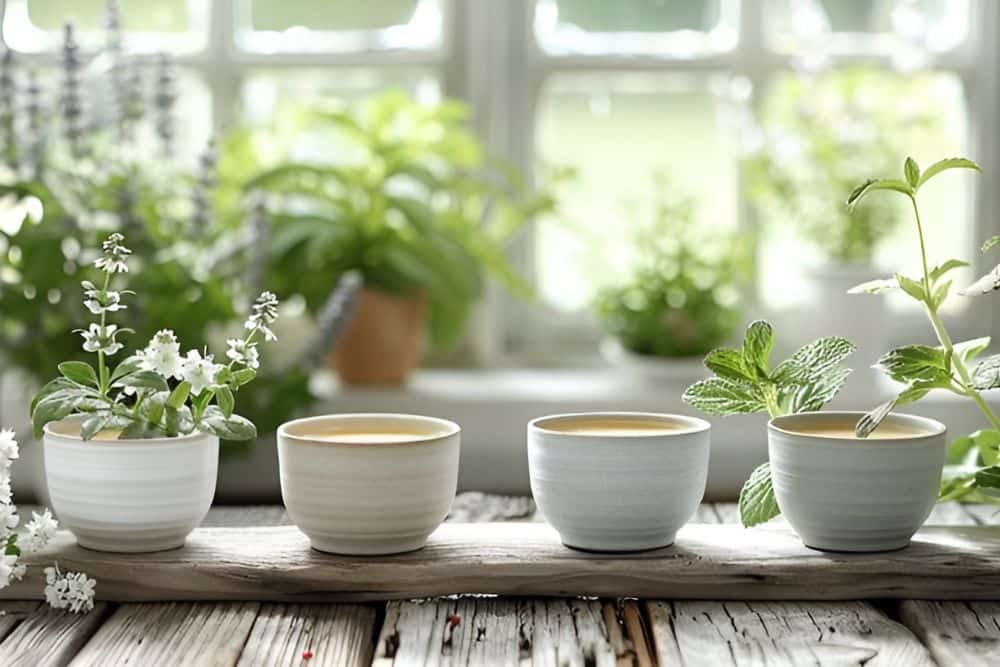
While both teas are low in calories and provide antioxidants, they differ in some of their nutritional components.
Caffeine Content: Black tea contains more caffeine (40-70 mg per cup) than green tea (20-45 mg per cup). Black tea delivers a more robust energy lift, whereas green tea provides a gentler, more subtle caffeine boost.
Antioxidants: Green tea is higher in catechins, whereas black tea contains theaflavins which also offer health benefits.
L-theanine: Green tea contains a higher concentration of L-theanine, an amino acid that promotes relaxation and reduces stress, calming even with caffeine.
Flavor Profiles: Green Tea vs Black Tea
The flavor of tea is primarily influenced by how it’s processed, Green Tea vs Black Tea have distinct taste profiles.
Green Tea: Known for its delicate, fresh, and slightly grassy flavor, green tea can vary from mild and sweet to vegetal and umami, depending on the variety. Matcha, a powdered form of green tea, has a rich, creamy flavor and is often used in traditional Japanese tea ceremonies.
Black Tea: Black tea is famous for its strong, healthy, and rich flavor. It can range from malty (like Assam tea) to floral and fruity (like Darjeeling). Black tea is often enjoyed with milk, sugar, or lemon and pairs well with spices, as seen in chai tea.
Brewing Tips: How to Make the Perfect Cup of Tea
Brewing Green Tea vs Black Tea properly can significantly improve their flavor. Here are some tips on the benefits of tea.
How to Brew Green Tea
Water Temperature: Use water between 160-180°F (70-80°C). If the water is too hot, it can make green tea taste harsh and bitter.
Steeping Time: Steep for 1-3 minutes, depending on the type of green tea and your taste preference.
Serving Suggestions: Green tea is best enjoyed plain, but you can add a dash of honey or lemon for flavor.
How to Brew Black Tea
Water Temperature: Use water just off the boil, around 200-212°F (93-100°C).
Steeping Time: Steep for 3-5 minutes. Longer steeping times produce stronger tea but may introduce bitterness.
Serving Suggestions: Black tea is commonly enjoyed with milk, sugar, or lemon. It also pairs well with spices, such as cinnamon, ginger, and cloves.
When to Choose Green Tea Over Black Tea (and Vice Versa)
The choice between Green Tea and Black Tea usually depends on your health objectives, flavor preferences, and daily lifestyle needs.
Choose Green Tea If:
You’re seeking a lower caffeine boost that gently energizes.
You want a tea with antioxidants to support skin health, metabolism, and relaxation.
• You enjoy a lighter, fresher flavor with hints of grass or vegetation.
Choose Black Tea If:
You need a more robust caffeine kick to stay alert and focused.
You’re interested in teas that support heart health, bone health, and digestion.
You enjoy a rich, full-bodied flavor that pairs well with milk, sugar, or spices.
Famous Green Teas and Black Teas
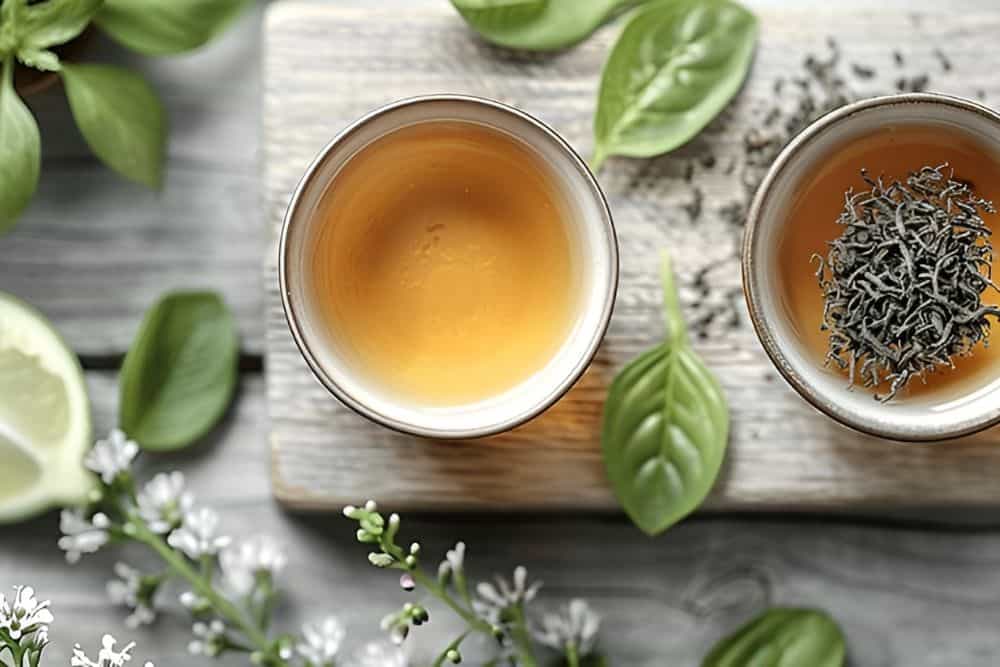
Popular Green Teas
Sencha: A Japanese green tea with a fresh, grassy flavor.
Matcha: A powdered green tea whisked into the water, known for its vibrant green color and rich flavor.
Gyokuro: A high-grade Japanese tea with a sweet, umami flavor.
Longjing (Dragon Well): A Chinese green tea with a slightly nutty taste and smooth finish.
Popular Black Teas
Assam: A robust and malty tea from India, commonly used in breakfast blends.
Darjeeling: Known as the “champagne of teas,” Darjeeling offers a delicate, floral flavor.
Earl Grey: A black tea infused with bergamot oil, giving it a citrusy aroma.
English Breakfast: A robust blend that pairs wonderfully with milk and sugar.
Conclusion
Green Tea vs Black Tea each offer distinct flavors, health benefits, and cultural traditions. Green tea is an excellent choice for those who prefer a light, fresh taste and a mild caffeine boost, with added metabolism, skin health, and relaxation benefits. You may find that different teas suit different times of the day or that you enjoy alternating between them. Both teas offer a wide range of flavors, health benefits, and versatility, so enjoy exploring each and discovering the unique ways they can enrich your daily routine.









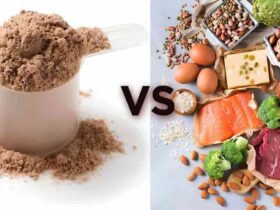
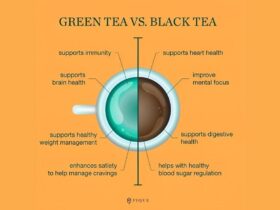
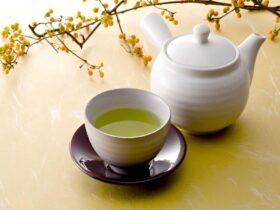
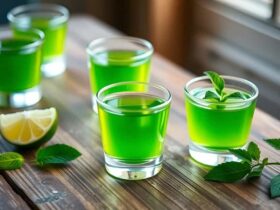
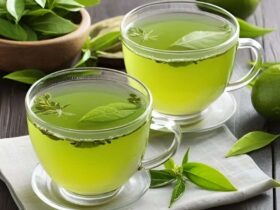

Leave a Reply